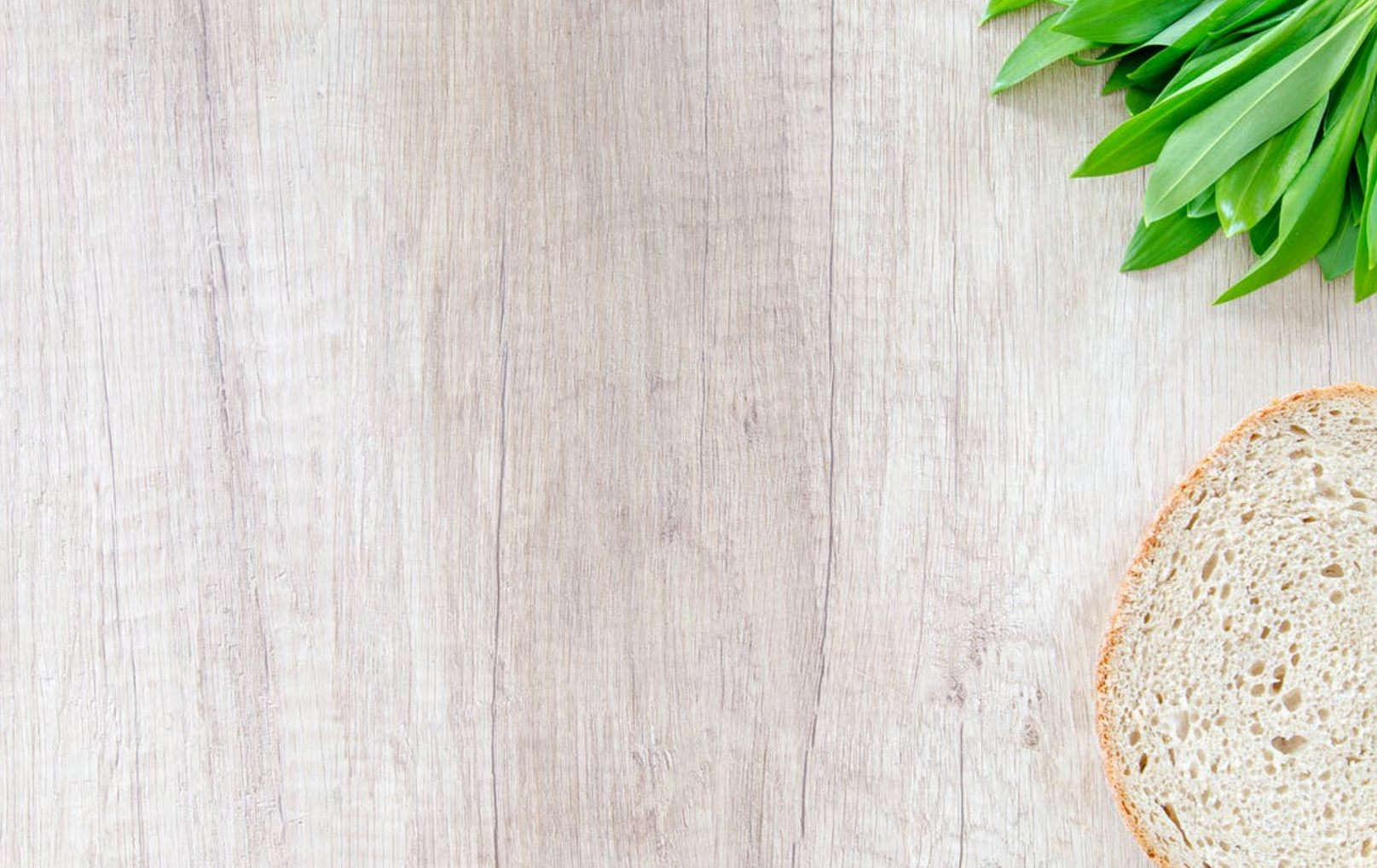Not just for meditation.
Growing up, I never sat down for a meal without a book, magazine, or -in more desperate times- a shopping catalog to flip through. Unless it was dinner, of course, where I wasn't allowed to mentally check out with a good read. Fast forward through the years, and that distraction has morphed into a smart phone, with a side of NPR.
It's become the norm for most of us. Even dining with a partner doesn't change the need for stimulation; how many couples do you see in restaurants staring at their phones or gazing, glassy-eyed, at the TV screen in the corner, simultaneously ignoring both their dining partner and the forkfuls of food they shovel into their mouths?
I would never do that, of course *sets blog draft aside until after lunch*
But is this actually a bad thing? Do we really need to change?
Yes and sure do!
The first thing we lose to distracted eating is a connection to our food. Sure, you can register flavors as the same time you're updating your Pinterest boards, but in order to fully appreciate the subtleties of taste, your food requires more brain space than the leftover realm between Top 10 Baby Animals and your muted conference call.
Channel Bob at your next meal.
And then there's chewing. After you've counted the number of tv-watchers and cell phone users around you, check out -without staring!- their chewing habits. While you're at it, check in with your own. Our mastication skill have dropped to a level shared with big cats on the Sahara; a few, precursory chomps and down it goes. Chewing has become a quick, precursory speed bump to the stomach as we hustle our next bite onto the fork.
Recognize the professional.
Proper chewing is about much more than manners. Chewing is actually the first step in digestion, and thorough mastication is necessary to mix each bite with important salivary enzymes. These enzymes begin the process of breaking your food down right there in your mouth. This prepares the food for the stomach and -in one of the body's beautiful endless feedback loops- prepares the stomach for the food.
Another case for mindful chewing is digestive comfort: hasty bites often result in the unintentional swallowing of air. Don't roll your eyes; this scenario is sneakily common and can result in bloating after a meal, intestinal pain, and -of course- lots of gas.
But beyond tasting and chewing, distracted eating gets its sticky fingers in both digestive health and weight maintenance.
When we're not paying attention to our food, we tend to ignore our internal satiety cues. This means a lot of cleared plates and "omg I cannot eat another BITE!" 's. This scenario was great for your mom when you were 11 and all pointy elbows and knees, but with maturity comes a responsibility to check in with our appetite. And it's not easy. Palatability been hijacked and exploited by food scientists and corporations, while the variety of flavors available at any one time overrides our natural shut-off point. Bite for bite, our food is more calorie dense than ever before. And all too often, quantity is favored over quality. All in all, we put a surprising amount of food away simply because it's there.
We're a culture that loves to eat on the go. Whether in the car, racing down the sidewalk, or multitasking at the workplace, we're experts at traveling meals. But the body in motion is a body prioritizing movement over digestion, and the hormones involved in the digestive process are naturally at odds with hormones associated with activity. Generally speaking, digestion gets the short end of the stick, decreasing nutrient absorption, rushing digestion, and negatively impacting gut health over the long term. We also tend to store more calories as fat when we eat on the go, as our body is busy accomodating the physical demands of the moment.
Mental stress causes a similar chain of events. Whether acute -like the moment you realize you hit the reply all button on a particularly snarky email- or chronic -like three children deep in sleepless nights- stress prevents us from proper and thorough digestion. Food may be stalled, rushed, or simply not broken down. While it's not always possible to simply wipe the stress plate clean, creating a calm space around meals is a good starting place. Much like eating in motion, stress demands the body to put healthy digestion on the back burner.
Over time, the disrupted digestion from both mental or physical stressors can cause a variety of IBS-associated issues, like bloating, pain, diarrhea, or constipation. Some of the causes are reduced stomach acid (need it for digesting proteins), reduced enzyme secretion in the small intestine (need 'em for breaking down and absorbing all your nutrients), decreased bile output (need it for fat digestion), and damage to the intestinal lining. Our microbiome health goes down the tubes and energy levels drop.
It's a lot of blame for a casual newspaper habit or an occasional take-out window snack. And to be clear, mindful eating is unlikely to be the cause or cure for all your digestive woes. But it's a piece in the great puzzle of health. Plus, food is awesome and should be savored.
So that brings us to our...
POP CHALLENGE!
For the next two weeks, practice mindfulness when you eat. No phones, no books, no work (music, friends and family OK!). Chew each bite thoroughly. Notice the flavors and textures. Instead of eating all the things at once on a mixed plate, work your way one-by-one through the elements. Take a breath and put your fork down between bites.
Also make this face and rest your belly on your feet.
And if you're feeling it, offer a little mental Thank You to the universe for all the awesomeness out there to be eaten.




